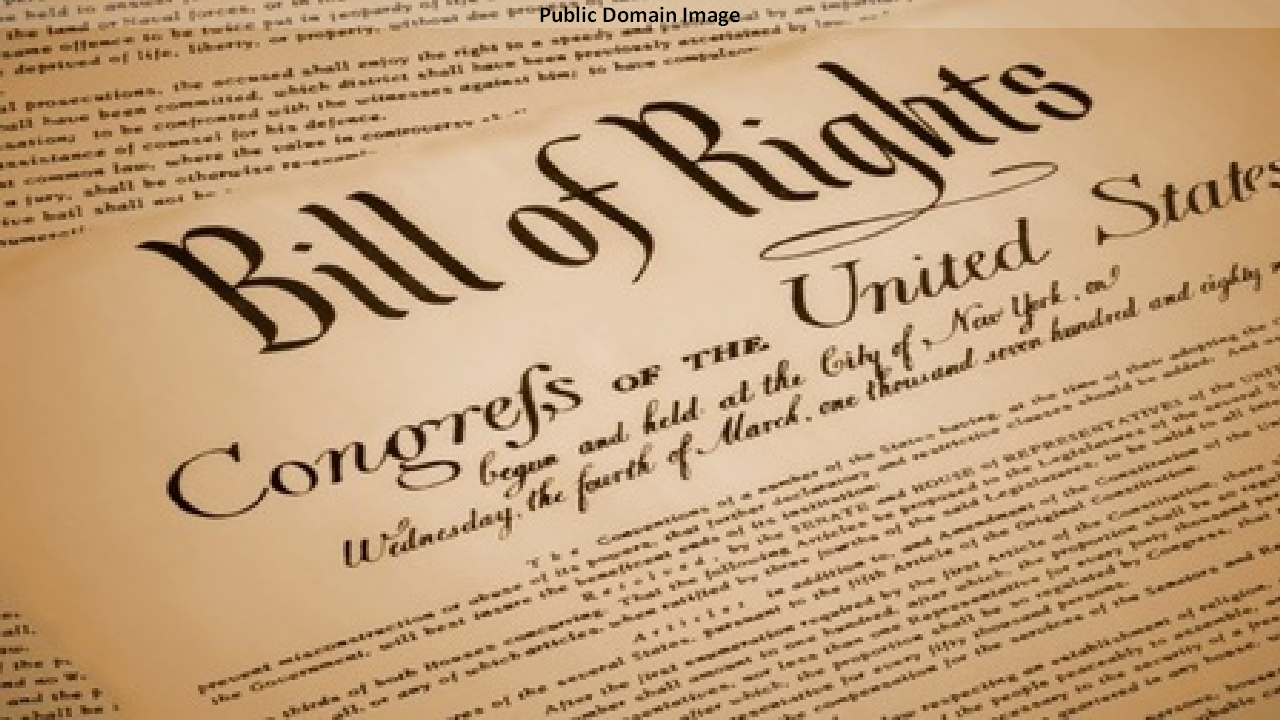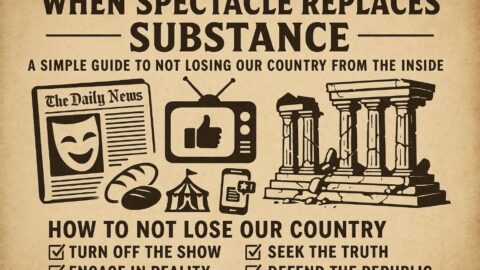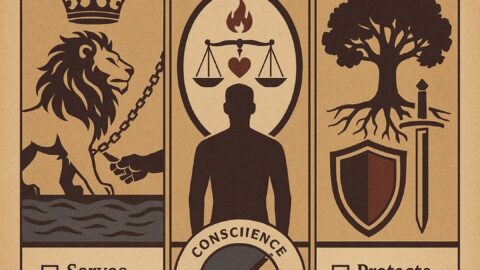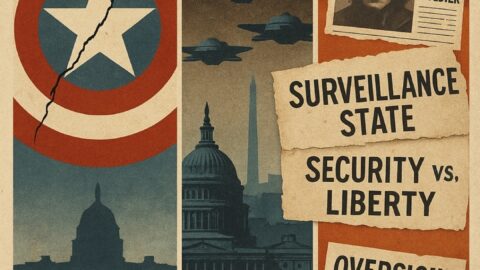What is so important about the Bill of Rights? Furthermore, why have a written Bill of Rights? Is the Bill of Rights itself inspired? Are there any rights left off the original Bill of Rights? Which right is most important, if any? This article will attempt to answer these questions.
To begin, most people are simply not aware that initial opposition to the Constitution, one without a Bill of Rights, led eventually to the Constitution’s final ratification. Without this initial opposition, it is doubtful that the Constitution would have been ratified at all. This was the first miracle.
George Mason began the opposition. George Mason was a delegate to the Constitutional Convention from Virginia and was highly regarded among his fellow colleagues. Thomas Jefferson called him “the wisest man of his generation.” George Mason was also author of the Virginia Declaration of Rights, which was adopted almost word for word by many other states and was the precursor to the eventual Bill of Rights. Near the end of the Constitutional Convention George Mason refused to sign the finished Constitution because it lacked a Bill of Rights.
Those who supported the Constitution–without a Bill of Rights–argued that it was not needed. The powers granted to the Federal Government to govern were few and defined and if the power was not granted it simply did not exist. Thus attempting to restrain the Federal Government by an added Bill of Rights was unnecessary and superfluous. An argument that is not without merit. Others worried that certain rights would be left off or neglected if you had a written Bill of Rights.
Mason countered by arguing that if you were going to increase the power of the Federal Government then you also needed to fortify individual rights. Because of Mason’s opposition, a great intellectual debate began in the colonies over whether or not the Constitution should be ratified at all–especially a Constitution without a Bill of Rights. Small farmers and others who had fought during the revolution and helped stiffen the backbone of the Colonialists, thought that freedom and individual rights was what the revolution was all about. Several key States, New York, Virginia, and North Carolina would not ratify the Constitution without a guarantee by the Federalists of a future promise of a Bill of Rights. Because of that guarantee, the key States did ratify, and a new government was born–the United States of America.
Was the insertion of the Bill of Rights into the Constitution a miracle? There are those who believe this is so. At least two constitutional scholars have affirmed that conviction. For instance, J. Reuben Clark, lawyer and former undersecretary of State, has stated that the, “Constitution of the United States as it came from the hands of the framers, with its coterminous [Sharing the same body or boundary] Bill of Rights,” was an integral part of his religious faith. “It is,” he said, “a revelation from the Lord. I believe and reverence its God inspired provisions.” While former law professor, Dallin H. Oaks, has referred to the rights contained within the Bill of Rights as of “Divine Origin.”
Here are other reasons why I believe the Bill of Rights was a product of both inspiration and genius:
- The Bill of Rights insures that the power of the Federal Government is limited–it can only go so far, no further. It is not unlimited.
- Through the Ninth Amendment, the people retain all their rights–even those not enumerated in the Constitution
- Minority rights are protected.
- It is government which is restrained, not the people. As long as I, as an individual, don’t interfere with any one else’s rights I am free to pursue my own happiness.
- The basic philosophy of the Constitution was preserved by adding the Bill of Rights to it in the form of amendments.
- The Bill of Rights stands as a bastion against oppression.
- Through the Bill of Rights, the spirit of the Declaration of Independence was infused into the Constitution.
- The Bill of Rights enshrines the individual against collectivism. The individual is morally supreme.
Another great constitutionalist, former Secretary of Agriculture, Ezra Taft Benson, has said regarding the Rights that the Bill of Rights guarantees, that these “rights are either God-given as part of the Divine plan, or they are granted by government as part of the political plan.” This difference is glaring and readily apparent if you compare the Magna Carta with the U.S. Bill of Rights. The Magna Carta is rightly revered as a predecessor to our own U.S. Bill of Rights. But the Magna Carta was after all simply a bunch of “King Granted Rights” which was wrested from King John at the point of a sword. The first ten amendments to the United States Constitution or Bill of Rights on the other hand contained clear-cut rights of the natural man–originally given to man by God.
As part of that “Divine plan” the Lord established the United States Constitution along with the Bill of Rights. Here are just a few freedoms we would lose without the Bill of Rights:
- The right to worship God according to the dictates of our own conscience.
- The right of habeas corpus. Communist dictatorships have none.
- The philosophy of equality before the law, and the dignity of the individual citizen.
- The right to a speedy public trial in case of accusation of crime, before an impartial jury at the place of commission of the crime.
- Freedom of press, speech, assembly and petition.
- The right of individual citizens to keep and bear arms.
- The right to have a grand jury indictment before trial for a crime, the right to obtain witnesses on our behalf, and the assistance of counsel of our own choosing to establish our innocence.
- Protection against unreasonable seizures and searches.
- Protection against self-incrimination in any trial, or the giving of testimony where that protection is properly applicable.
- Protection against being twice placed in jeopardy of life and limb for crime.
- Protection against cruel and unusual punishments, and excessive bail.
- Protection against being deprived of life, liberty, and property without due process of law.
- The right of trial by jury in civil cases.
- The right to just compensation for property taken for public use.
- The right to face ones accuser.
In conclusion, let me add my firm conviction that it was both Divine Wisdom and Inspiration that lay behind: first, the crafting of the Constitution in the Constitutional Convention and then its adoption by the States; two, the adoption of the first ten amendments or Bill of Rights. Finally, without the Bill of Rights it is doubtful whether America would still be today, after more than two-hundred years, the “land of the free.”







